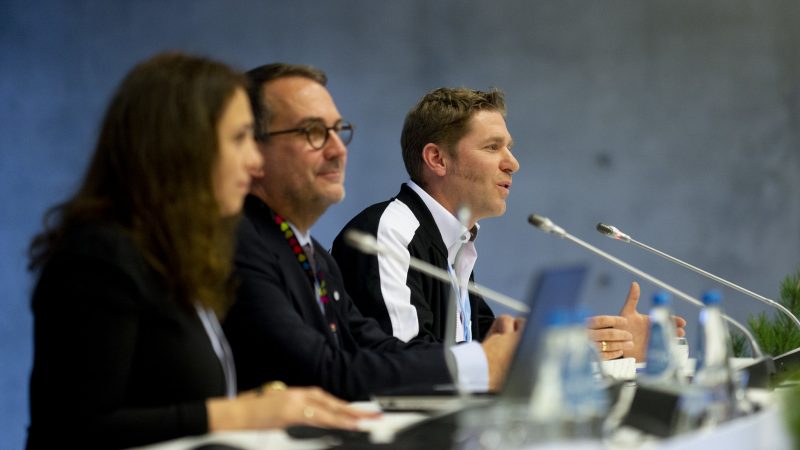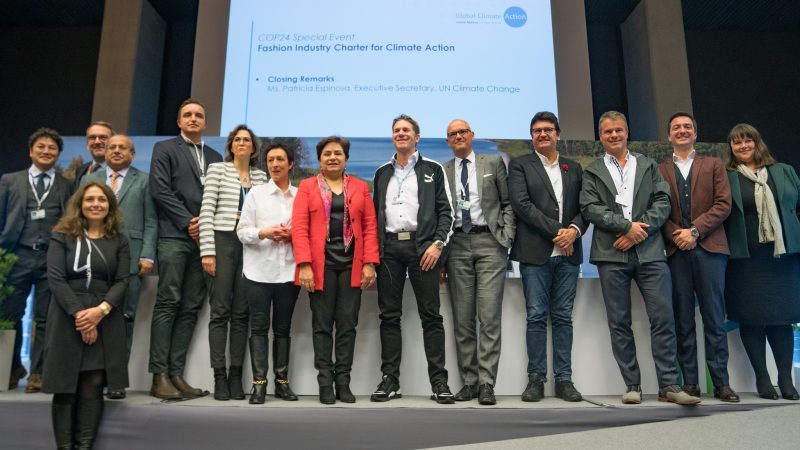Sign up to our newsletter
Receive news on the Alliance, upcoming events, and members activities in Sustainable Fashion


With 197 Parties, the United Nations Framework Convention on Climate Change (UNFCCC) has near universal membership and is the parent treaty of the 2015 Paris Climate Change Agreement. The main aim of the Paris Agreement is to keep a global average temperature rise this century well below 2 degrees Celsius and to drive efforts to limit the temperature increase even further to 1.5 degrees Celsius above pre-industrial levels. The UNFCCC is also the parent treaty of the 1997 Kyoto Protocol. The ultimate objective of all agreements under the UNFCCC is to stabilize greenhouse gas concentrations in the atmosphere at a level that will prevent dangerous human interference with the climate system, in a time frame which allows ecosystems to adapt naturally and enables sustainable development.


As part of Global Climate Action work, UN Climate Change convenes the Fashion Industry Charter for Climate Action to drive the industry to net-zero emissions by 2050. It is an industry-led effort to collectively identify ways in which the broader textile, clothing and fashion industry can deliver climate action, through the activities of 8 working groups. The Charter enables collaboration between brands, retailers, suppliers, financial institutions and industry bodies to identify and scale climate solutions to drive the industry towards a 1.5 degree future.
Receive news on the Alliance, upcoming events, and members activities in Sustainable Fashion
